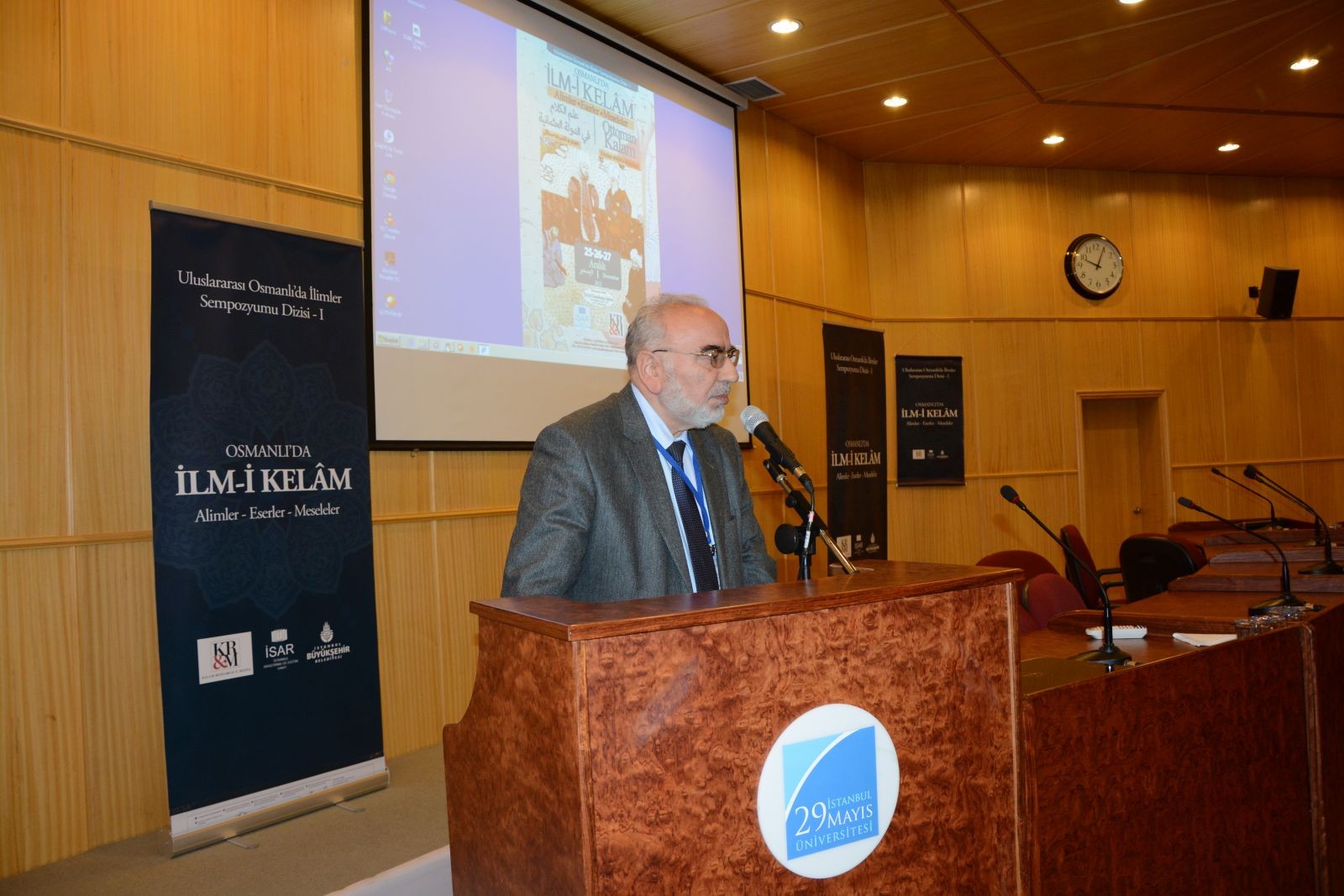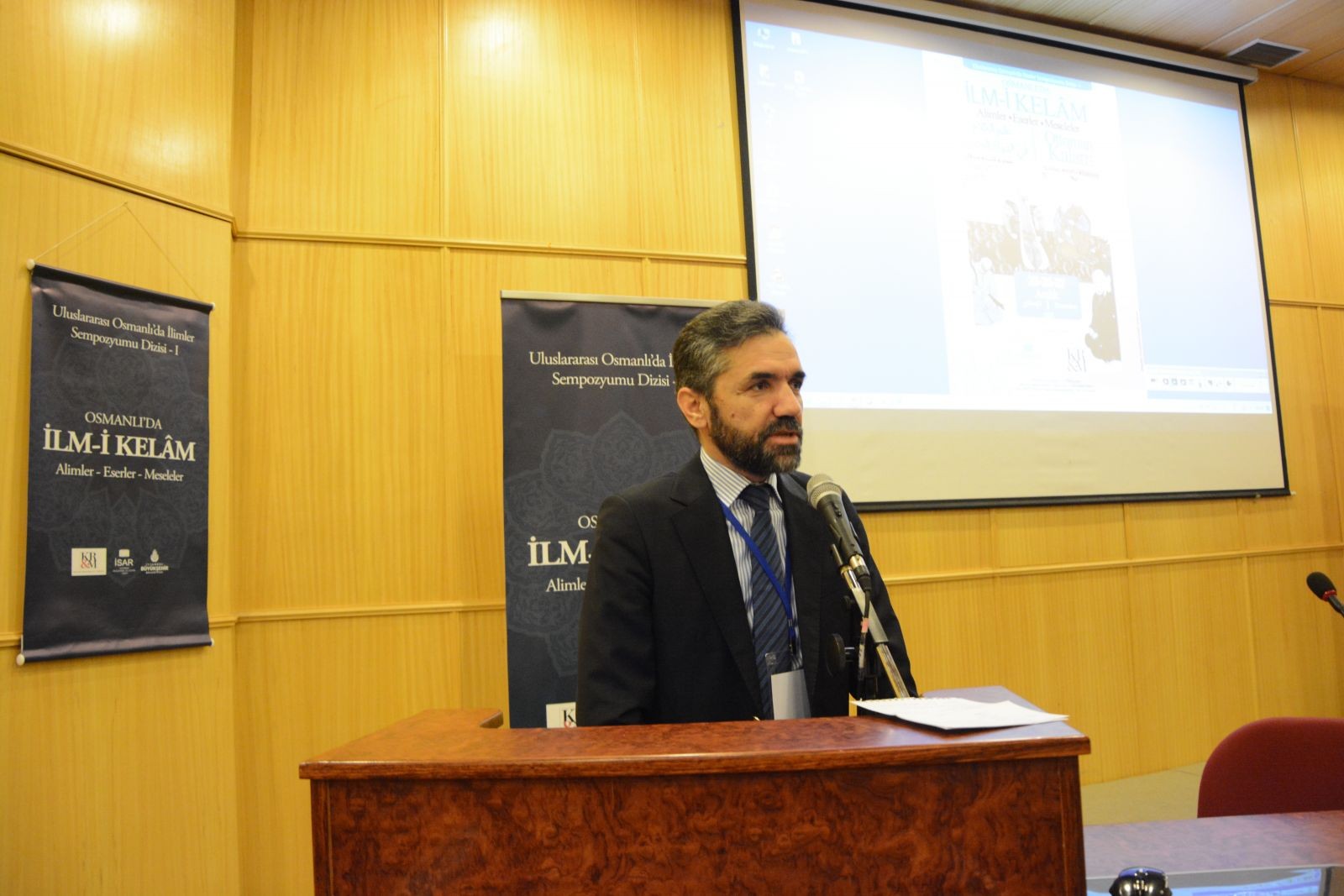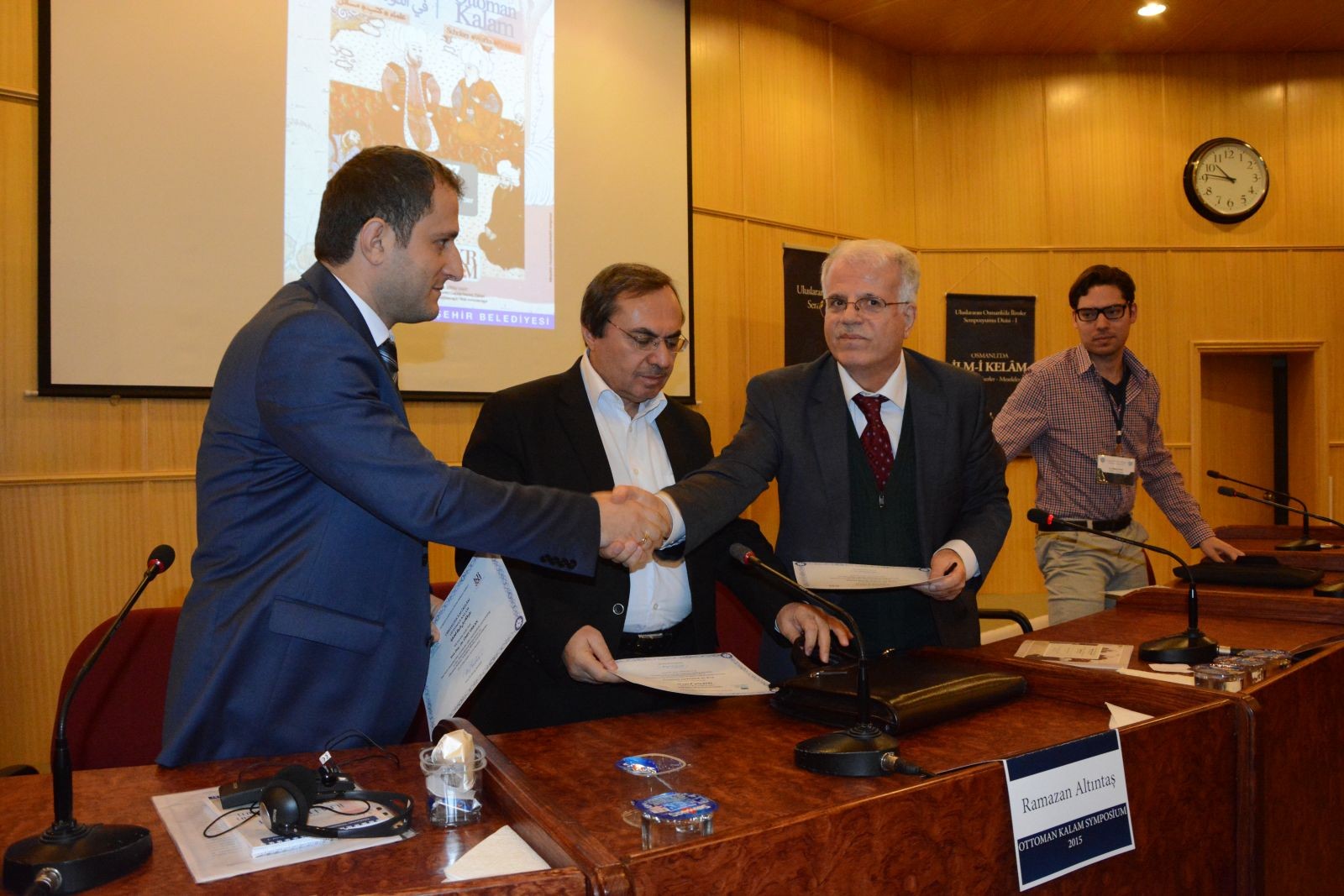Kalam Research and Media, in collaboration with the Istanbul Research and Education Foundation (ISAR), and with support from the the John Templeton Foundation and the Municipality of Istanbul, held a conference on the Ottoman Kalam tradition at the Islamic Research Centre (ISAM) in Uskudar, Istanbul.
The Ottoman intellectual tradition represented one of the most important areas for the revival of kalam in the modern era because kalam reached its greatest point of refinement, study, and teaching during the late Ottoman Empire. It also represents the last era in which kalam was widely cultivated in Islamic society. The Ottoman Kalam Conference is the first to conference to emphasize these elements, explore its analytic dimensions, and highlight its most important texts, scholars, and problems.
Abdurrahman Mihirig gave the first address of the conference, introducing participants from around the world to the objectives, members, and activities of Kalam Research and Media. On behalf of Dr. Aref Nayed, he thanked the great efforts of Dr. Recep Şentürk, the organizing committee, the scholarly committee, and the institutions of ISAR and ISAM for hosting such an important event.
The conference brought together 43 researchers from around the world, discussing topics distributed across 8 panels. Among the most notable of guests was the Jordanian kalam scholar, Dr. Said Foudeh, Jordanian Physicist Dr. Basil al-Taie (Yarmuk University), Professor Mustafa Sinanoğlu (29 Mayıs University), Professor Ilyas Çelebi (29 Mayıs University), Professor Sait Özervarlı (Yildiz Teknik University and ISAM), Professor Alparslan Açıkgenç (Yildiz Teknik University), Professor Ramazan Altıntaş (Necmettin Erbakan University), Professor Cağfer Karadaş (UludağUniversity), Professor Murteza Bedir (Dean of Ilahiyat, Istanbul University), Professor Raşit Küçük (President of ISAM), Professor Saim Yeprem, Professor Mahmut Ay (Ankara University), and Professor Merdan Güneş (OsnabrückUniversity).
The opening panel was conducted by Professor Saim Kilavuz, with Professor Ilyas Çelebi, Professor Sait Özervarlı, and Dr. Said Foudeh giving opening addresses on the importance of kalam in history, and its necessity for the future.
The panels were organized on the following lines:
Panel 1, “Kalam in the Ottoman Period: A General Framework,” which included Dr. Mehmet Kalayci (Anakara University), Dr. Fadil Aygan (Siirt University), Dr. Osman Demirici (Karadeniz Teknik University), and Dr. Kadir Gömbeyaz (Kocaeli University).
Panel 2, “ Scholars and Themes,” hosting Professor Alparslan Açıkgenç (Yildiz Teknik University), Bilal Taşkın (Çanakkale University), Efe Murat Balıkçıoğlu (Harvard University), and Dr. Ahmet Hadi Adanalı (Ankara University).
Panel 3, “Hanafism and Maturidism,” which saw the presentation of papers by Dr. Umit Erkan (Recep Tayyip Erdogan University), Dr. Philip Dorroll (Assistant Professor, Wofford College), and Professor Ramazan Altıntaş (Necmettin Erbakan University).
Panel 4, “Kalam and Falsafa,” was chaired by Professor Ilyas Çelebi, with papers delivered by Dr. Ahmad Muhammad Salim (Tanta University), Dr. Veysel Kaya (Istanbul University), Muhammad Abughosh (Anzar Institute), and Sumeyye Parildar of Istanbul University.
Panel 5 explored some of the unique elements of Ottoman Kalam, entitled “Kalam and Tasawwuf,” where Qayyim Naoki Yamamoto and Hasan Spiker explored the works of Ibrahim Kurani and Ibn Bahauddin respectively.
Panel 6, “Scholars and Themes II,” chaired by Professor Ramazan Altıntaş, hosted scholars Hakki Arslan (Osnabruck University), Dr. Ali al-Suli (Zaytuna University), and Murata Karacan (Osnabruck University).
Panel 7 discussed the critical late Ottoman period, under the title “Late Ottoman Kalam.” The scholars included Dr. Mehmet Bulgen (Marmara University), Dr. Mahmut Ay (Ankara University), Tugba Gunal (Ankara University), and Professor Merdan Güneş (Osnabruck University).
The last panel explored the relationship between kalam and science, by looking at the works of Said Nursi, Ali Sedat, and Atomism, presented by Dr.Yasien Mohamed (University of the Western Cape), Dr. Nazif Muhtaroğlu (Boğaziçi University), and Professor Basil al-Taie (Yarmuk University).


.jpg)
.jpg)
